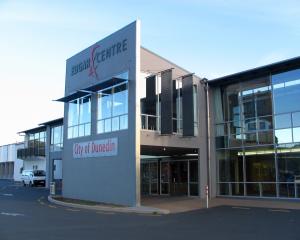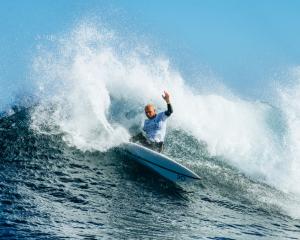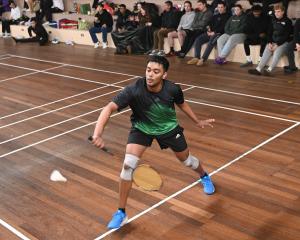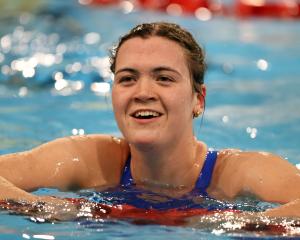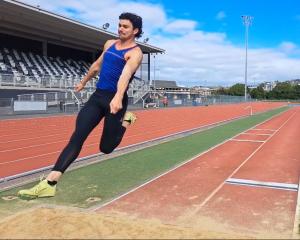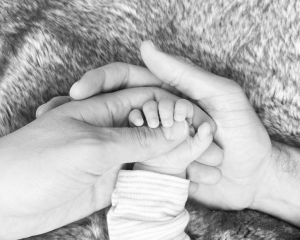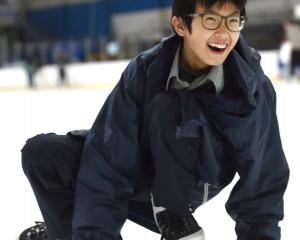Sports medics at the New Zealand Masters Games in Dunedin have also been getting a sweat up treating more than 300 athletes in the first three days of the games.
Otago Sports Injury Trust injury clinic co-ordinator Graeme Harvey said most of the injuries were sprains and strains in the lower legs of 30 to 50-year-olds.
"They were in people playing soccer, touch rugby, hockey and netball - what I would call the more physically stressful, non-contact sports.
"It's certainly been busy. I've been working up a sweat, running around in ever-decreasing circles."
Although the number treated was significantly more than the same time two years ago, he said it was unlikely to be more than the Games about 10 years ago when about 8000 people registered to compete.
"They were the busiest Games. We saw about 700 treatments in the week-long event."
Harvey said the oldest patient so far this year was a 68-year-old woman who was playing squash.
"She received a strain injury to her leg - not bad considering she was 68 and still playing squash.
"There's certainly no harm in having aspirations of doing better.
"You've got to have aims. Every athlete comes in here with a vision of winning a gold medal.
"But the main thing is for people to realise their limitations."
Harvey said an athlete with three previous shoulder injuries came in with a fourth shoulder injury at the weekend.
"There's a time when you need to say, 'should I be doing this?
"We say to them what the risks of continuing are, but you can't physically stop them from playing."
He expected another queue of injured bodies for sports medics at the trust's clinics later this week when ice hockey, basketball and futsal matches begin.

